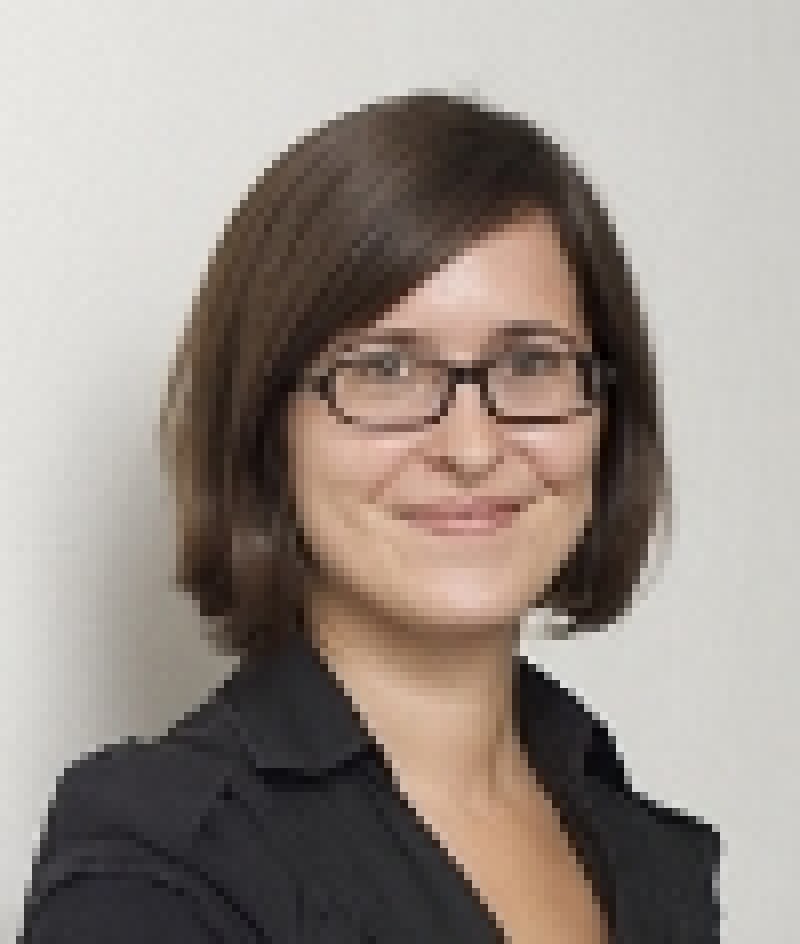
On December 13 2012, the German Federal Court of Justice (FCJ) issued its judgment Metall auf Metall II, confirming its approach to digital music sampling established in Metall auf Metall I. The FCJ held that even the “smallest shreds of recorded sounds” are subject to the exclusive rights of record companies and established strict conditions for the application of the free use exception. This restrictive approach not only impedes producers from sampling sounds, but may also have an impact on the application of other related rights such as the exclusive rights of movie producers, broadcasting companies and publishers.
The background

The case arose from a dispute between Kraftwerk and Moses Pelham as to whether the song “Nur mir” unlawfully samples a two-second rhythm section of Kraftwerk’s song “Metall auf Metall”. The FCJ established in its two landmark decisions that:
· Sampling a single sound does not fulfill the conditions for copyright infringement, since a single sound is not an intellectual creation, and is therefore not a musical work under the German Copyright Act (GCA).
· However, when assessing an infringement of the rights in sound recordings under section 85 GCA, neither the quality nor the quantity of the sample is a suitable criterion; even the “smallest shreds of recorded sounds” are subject to exclusive rights. Further, it does not matter whether the sample has a detrimental effect on the sales of the recordings.
· It is not inconsistent to assign broader IP rights to record producers than to authors because of the different subject matters of the rights: the financial, organisational, and technical effort of record producers and the personal intellectual creation of authors.
· The German doctrine of free use (Freie Benutzung) under section 24 GCA (which allows free use of someone else’s work in certain situations, does apply by analogy to neighbouring rights. But it can only be relied on to justify sampling where an average-equipped and qualified music producer could not have created an equivalent sound recording himself (because if he could then he has no need to sample).
Based on these findings the FCJ decided that the sample infringed Kraftwerk’s rights in the sound recording because it was “possible to record by oneself the tone sequence”.
The FCJ’s restrictive approach not only impedes music producers from sampling sounds, but may also have an impact on the application of other related rights such as the rights of movie producers and broadcasting companies.
The impact of the decision is underlined by the draft bill regarding the introduction of neighbouring rights for publishers (such as publishers of books and newspapers) which explicitly refers to the FCJ’s Metall auf Metall decisions, and states that the protection will cover even the smallest parts of press products. This would certainly prevent search engines from providing snippets of content without the consent of rightsholders (a subject which has recently been contested in litigation in several other EU countries).
Fabian Niemann is a partner in Bird & Bird's IT group in Frankfurt. Lea Mackert is an associate in the same group and is based in Düsseldorf.










